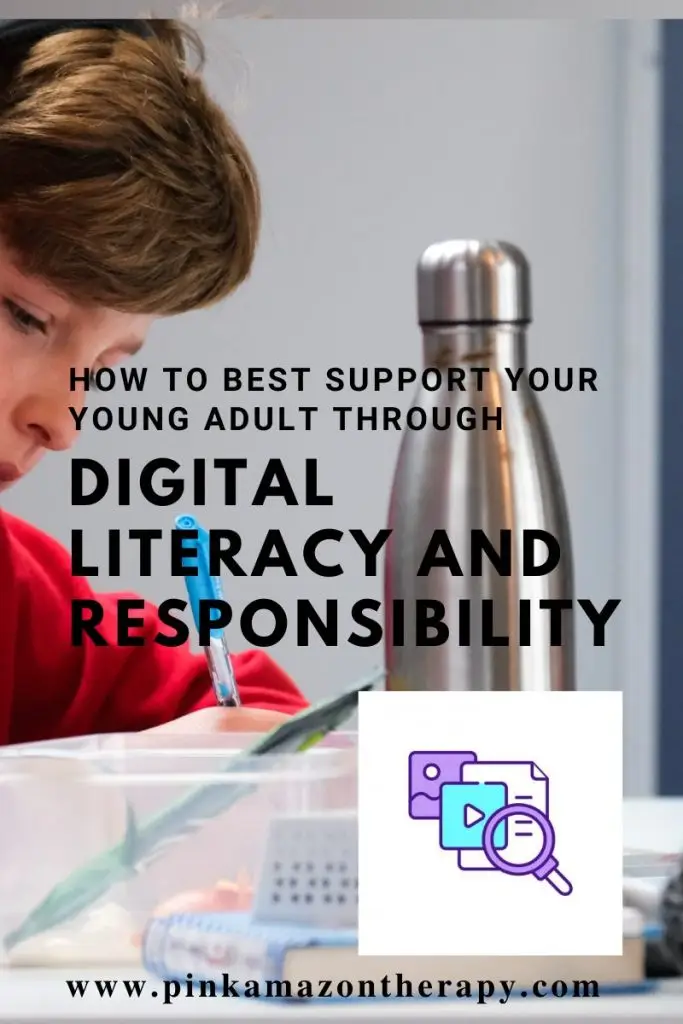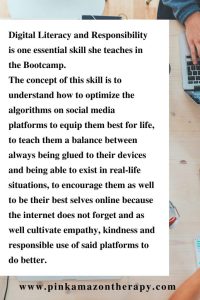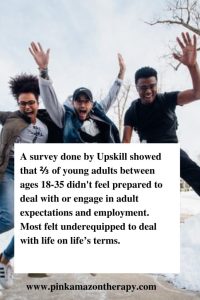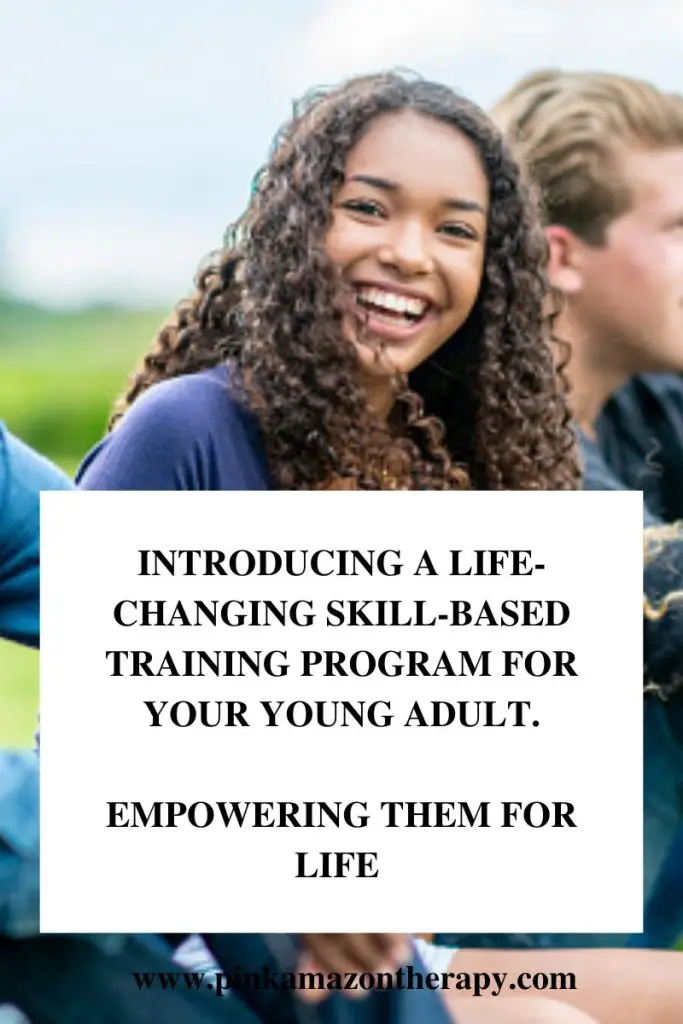

She is the creator and innovative mind behind The Survival toolkit for your young adult – a Bootcamp curated on teaching young adults some essential skills that nobody should go about life not having. You can WhatsApp her directly here.
A survey done by Upskill showed that ⅔ of young adults between ages 18-35 didn\’t feel prepared to deal with or engage in adult expectations and employment. Most felt underequipped to deal with life on life’s terms.
And that is why she deems it necessary to train young adults on these most important life skills for thriving.

Digital Responsibility and Literacy is one essential skill she teaches in the Bootcamp.
The concept of this skill is to understand how to optimize the algorithms on social media platforms to equip them best for life, to teach them a balance between always being glued to their devices and being able to exist in real-life situations, to encourage them as well to be their best selves online because the internet does not forget and as well cultivate empathy, kindness and responsible use of said platforms to do better.
Here are some tips to allow you to encourage this digital responsibility and literacy right from your home.
1. Open up dialogue on what your young adult is interested in. It will involve active listening and open-ended questions. Investigative interviewing will allow you to understand truly.
Remember that it\’s not a one-time conversation. Bring it up often even without getting straight answers. What this does is plant a seed of curiosity. They begin to start asking themselves the same questions.
2. Share your own interests reflecting back on your youth and even in the present. Show them your thought process on life as you try to open up a dialogue with them. A one-sided conversation is not effective it\’s not communicating. So express your vulnerability in terms of hopes and dreams.
3. Keep updated on current affairs. Not just what\’s on mainstream news but as well what\’s trending. Ask about current events and social justice issues.
Allow them to have their own opinion and be curious to understand what brought them to that conclusion.
It will be an easy way to see who their influences are beyond the home front. The digital space is vast and so is the amount of potential influencers in their lives.
Don\’t be so quick to correct their view First seek to understand it. This will be hard but keep asking open-ended questions.
4. Encourage experimentation with creativity. Support trying out many options including drawing, painting, writing, acting, singing, cooking, crafts, or entrepreneurship. Remember, just because you like something does not mean your teens will; give them options and help them develop new pathways to innovation offline.
5. Nature and the outdoors. Take time to do activities with them in nature away from devices
6. Model the behaviour of digital responsibility. Take time away from the constant stimulation of digital media
You can learn more about Mukimba Rahedi and her timely work here.
The Survival toolkit for your young adult is a program for 17-26 year-olds launching in August offering a psychological and Christian-based approach to preparing your young adult not just for college, career but all-round life process The program offers a way to stop worrying about the future by creating one, meeting new friends from around the country and developing projects that can strengthen college and job applications.
To learn more about it click here.


